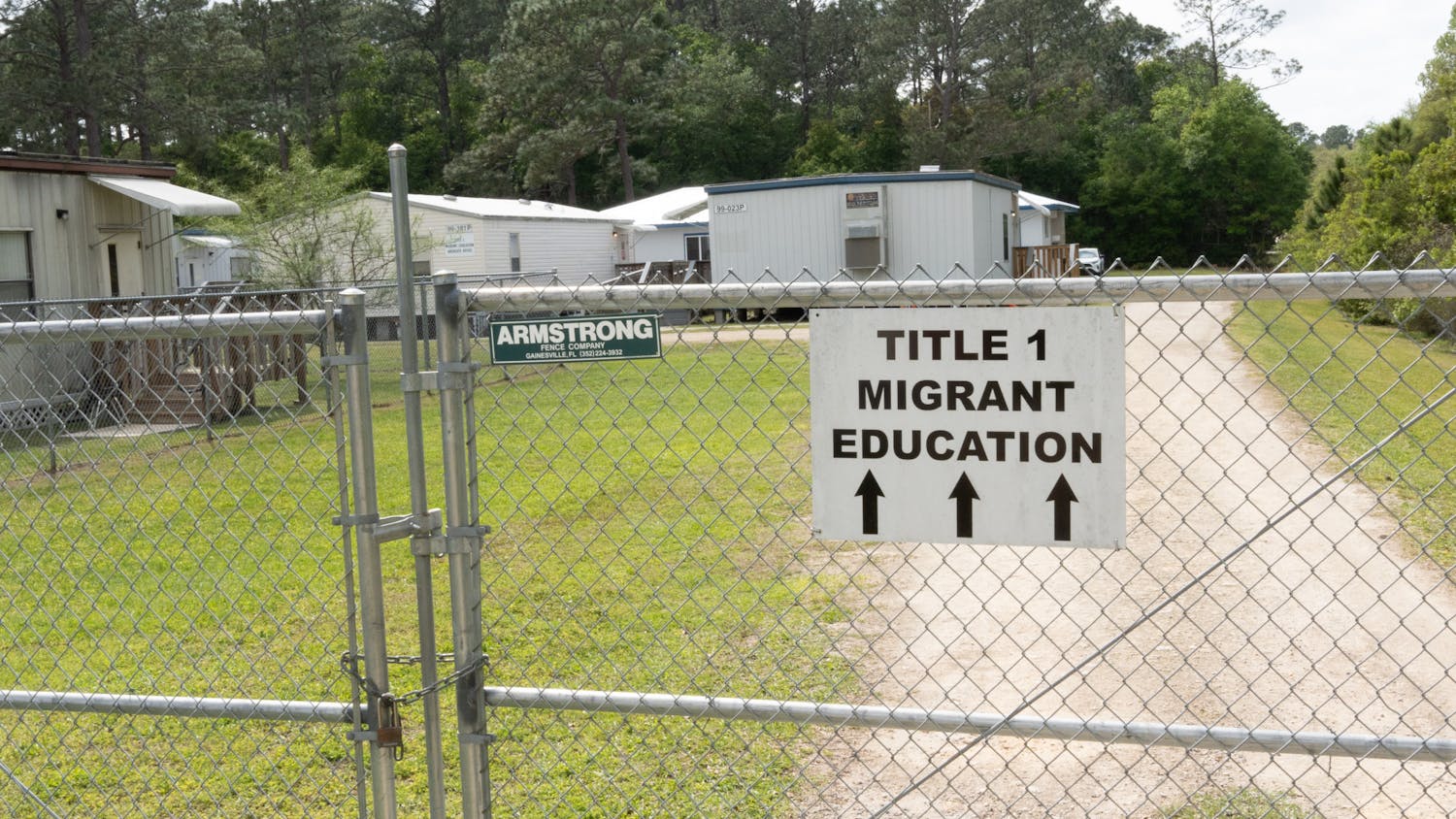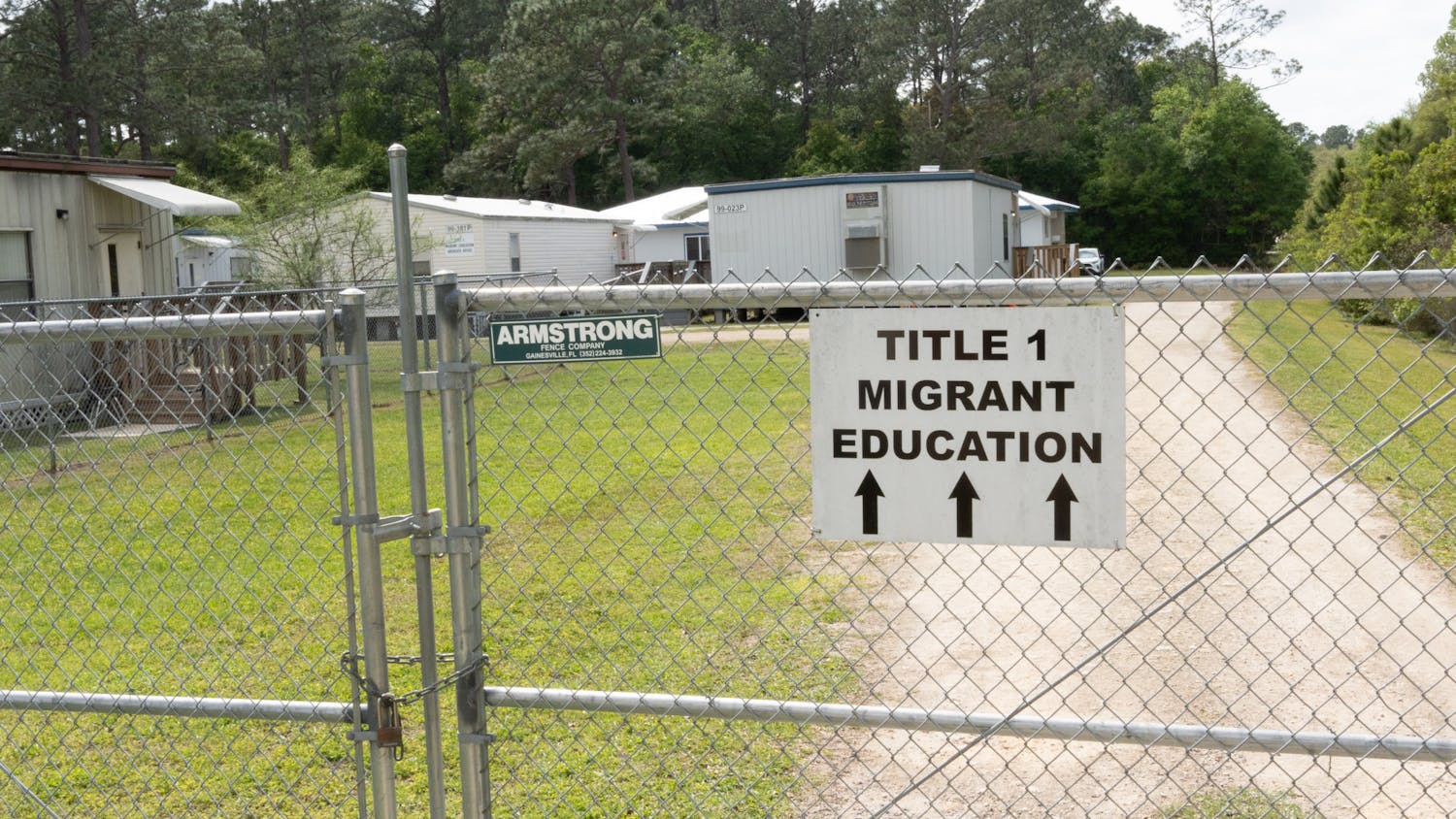Ask any student on the UF campus about a change in tuition rates and most students are interested in discussing it. Recently, efforts have been made in Tallahassee to push legislation through that would change tuition rates based on whether or not a student is a STEM major or not.
A STEM major is a science, technology, engineering or mathematics major. Governor Rick Scott announced through a press release in February that the amount of STEM-related jobs in Florida is increasing- up 15.2 percent over the past year.
Governor Scott announced that there are 56,405 online job postings that fall under the STEM category.
In an effort to persuade students to pursue STEM majors in college, Governor Scott is proposing a change in tuition rates for STEM and non-STEM majors.
Governor Scott will be working in Tallahassee this month to push through legislation that would divert Florida tax dollars toward tuition at colleges and universities in the state.
Students with a major that falls under the STEM category would receive a lower tuition rate that would be frozen during their time in college.
Students with a major that does not fall under a STEM category would receive a higher tuition rate to make up for the difference experienced by reducing STEM majors’ tuitions.
Governor Scott’s claims that this will help motivate incoming students to pursue STEM majors because of the lower cost and the higher possibility of finding a job after graduation.
Governor Scott received backlash back in October 2011 when he was discussing his plan with conservative radio host Marc Bernier.
Governor Scott was quoted as saying, "You know, we don't need a lot more anthropologists in the state. It's a great degree if people want to get it, but we don't need them here.”
His statements only received reinforcement when Florida State University refused to accept any more students, undergraduate or graduate, to its anthropology program in 2011.
Some critics of Governor Scott’s plan have pointed out that classes for STEM majors can consist of expensive labs and other classes that require costly materials. For the most part, non-STEM classes are less expensive. Part of non-STEM majors’ higher tuition rates would be used to pay off the costs of STEM majors.
Governor Scott’s plan is to ensure that graduates are able to find jobs after they graduate. A common story these days is debt-laden college students graduating and being unable to find a job.
This legislation could have a significant influence on potential college students if it passes. Students who feel it is too expensive to pursue a non-STEM degree at a university may choose a community college instead.
“College is already so expensive,” said Caitlin Radigan, a biology freshman from Sanibel Island, Fla. “If there is a cheaper way, a lot of people will choose that way.”
David Gelatt, a behavioral and cognitive neuroscience freshman from Boynton Beach, Fla., agrees with Radigan in thinking that this legislation will significantly impact prospective college students’ decisions about going to state universities and colleges.
“Students who are destined to be writers or other majors might not go to a university,” Radigan said. “They might settle for the local community college near them due to cost.”
Hector Garcia, an architecture freshman from Coral Springs, Fla., took up the debate in a similar vein.
“Some majors, such as music majors, already don’t feel an education through a university will benefit them enough that it will be worth the expense. High tuition will increase that among many non-STEM majors,” Garcia said.
This legislation will also affect students who are already in college.
Gelatt said he did not feel like his desire to double major or change majors would be affected. But Radigan did.
“I would be more likely to stay with my major since it would cost less,” Radigan said. “I’m sure it would be complicated trying to switch to an English major due to different tuition rates. It would also influence my choice if I wanted to double major or minor. I would be more inclined to choose another science or math major.”
The assumption could be made that STEM majors would appreciate the tuition change. But both Gelatt and Radigan did not agree with Governor’s Scott reasoning.
“Even if there are more science and math-related jobs, all other jobs in this world aren’t going to disappear,” Radigan said. “If this was enacted, 20 years from now we would have an overdose of doctors and computer whizzes and not enough teachers, writers and other liberal arts-related jobs out there.”
Garcia felt that the Governor was overstepping the boundaries between the government and people.
“I feel like the Governor is trying to control what jobs we go into and that’s too much control coming from a Governor,” Garcia said. “Students should be able to go into any major they want without any influence from the government of Florida.”
So far nothing has been mentioned regarding the plan’s short-term or long-term status. It is unknown if there is a sunset provision for the plan to expire when certain goals are met. The Governor’s office did not respond to repeated inquiries.
Radigan, a STEM major, is a full supporter of a full liberal arts education.
“It is important to have a well-rounded education in this new world so that we can make educated and responsible decisions in our futures,” said Radigan.





